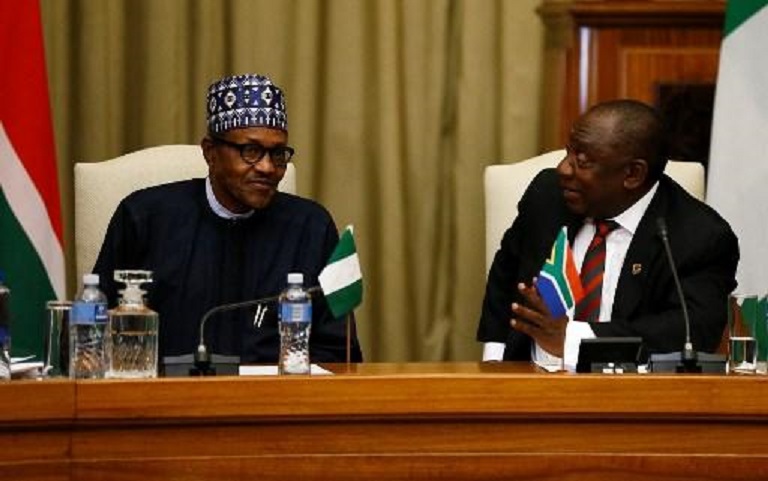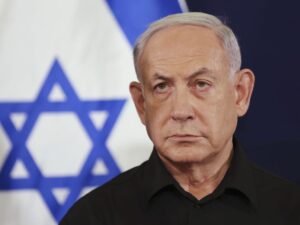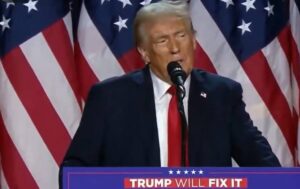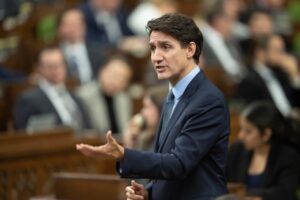
The Nigerian President Muhammadu Buhari and his South African counterpart Cyril Ramaphosa have reiterated their determination to work together, to check the recurrent xenophobic violence.
President Ramaphosa told the media at the end of talks between the leaders of the two largest economies in Africa that they had reached 32 bilateral agreements aimed at uplifting the people of the two countries.
“We are committed to addressing the genuine concerns of our people around poverty, unemployment, crime, drugs and migration. We are equally committed to upholding the rule of law and ensuring that all those involved in criminal activities, regardless of their nationality, are prosecuted,” he said.
Appreciation
Ramaphosa, who is hosting President Buhari currently on a three-day state visit to the country, expressed appreciation for the willingness of the government of Nigeria to work with South Africa to address these challenges.
“During our talks, we reviewed a range of issues of bilateral, continental and global nature,” he stressed.
President Ramaphosa also repeated his apology for the attacks and reassured his guest that his government would “not hesitate to act against criminal acts and violence.”
Early warning mechanism
President Buhari said they would adopt a unified approach that would involve the setting up of an early warning mechanism and intelligence sharing between the countries’ security agencies to enable them “infiltrate the communities and make sure they don’t allow violence to escalate.”
The Nigerian president had at the beginning of the talks, called for the “strengthening and implementation of all the necessary measures to prevent the re-occurrence of such actions.”
The violence, in which at least 12 people were killed, most of them South Africans, triggered anger in Nigeria and led to the voluntary return home of hundreds of Nigerian migrant workers, most of whom had lost their means of livelihood to the attacks.
President Buhari condemned; “the very few incidents of retaliatory attacks” which saw some South African businesses in Nigeria forced to close shop.
“We took strong and decisive measures to stop the attacks and prevent any re-occurences,” he said at Union Buildings, the seat of government in the capital Pretoria where the talks took place.
President Buhari is scheduled to have a town hall meeting with Nigerians resident in South Africa on Friday before returning to Abuja.
The state visit, the first to South Africa by a Nigerian leader since 2013, had been planned before the wave of violence.





